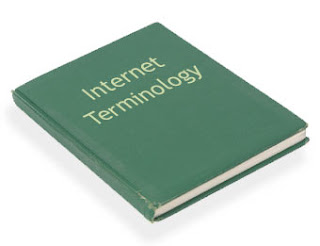
ASYMMETRIC COMMUNICATIONS:
NUKING:
Nuking is a hacker's technique of causing the Windows operating system to crash, or suddenly terminate by using malicious network data packets. An out of band network packet that the operating system can't process is sent to the target system. This packet is called a 'blue bomb', or 'WinNuke' when Windows crashes, you see the dreaded BSOD (blue screen of death). Blue bombs are sometimes sent by multiplayer gamers about to lose a game, or by an IRC (Internet Relay Chat) user, as a show of superiority.
PHREAKING:
Hacking a phone system with the help of a computer, in order to make free calls, or charge your calls to someone else is called phreaking. This illegal activity is mainly done by computer electronics hobbyists, out of sheer curiosity, or just to save money on long distance calls. A person who actively enjoys phreaking is known as phreak or phreaker. The tools used by a phreaker are electronic devices known as boxes the black box, red box, beige box and clear box.
NETIQUETTE:
The word netiquette has been coined from the two words Network and Etiquette. Etiquette can be described as a set of rules or guidelines, which define socially acceptable behaviour. So to put it simply, netiquette is etiquette for online communication. Netiquette comprises an informal code of conduct, general dos and don'ts which should be observed. Keep in mind that online communication may be through a computer, but it is still between real people, so common courtesy and understanding should be observed. There are some additional things to keep in mind. For example typing in all capitals, gives the impression of shouting, and is thus rude. Spam is also a definite NO.
DYNAMIC HOST CONTROL PROTOCOL:
Every computer system on a TCP/IP network is assigned a unique address known as IP address to identify a computer on the network. As the network grows, the network administrator has to keep track of the addresses given to the systems. This becomes even more complex when systems are added or removed from the network. Hence, DHCP is used to dynamically assign IP addresses to computers on a network. Instead of the network administrator, a DHCP server keeps track of the IP addresses assigned. Hence, a system joining a network is assigned an IP address from an IP pool. That IP address is retrieved back to the pool when the system is removed. The IP address assigned to a system changes every time it boots up and gets connected to the network.
In a packet switching network, a message is broken down into packets and transmitted over the network. This packet travels through several routers before reaching the destination node. The number of routers that the packet passes through is known as the hop count. This information is added to the packet header once it crosses a router. A packet with a higher hop count takes more time to reach its destination, and packets with extremely high hop counts are removed from the network, as it could be a stray packet wandering around the location.
netlingo
webopedia
Comments